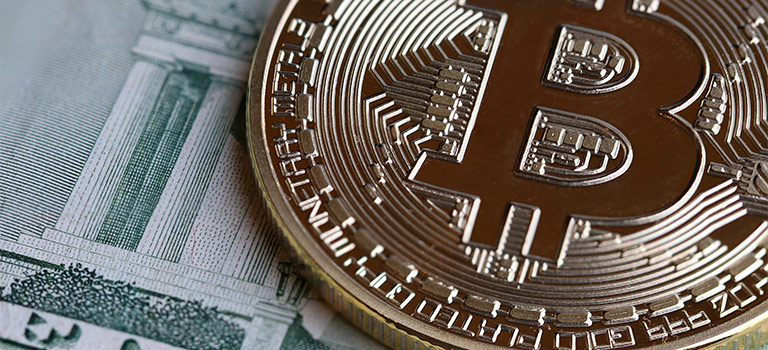PALO ALTO, Calif. (Reuters) - The Federal Reserve is taking a look at a broad series of concerns around digital payments and currencies, consisting of policy, design and legal considerations around potentially providing its own digital currency, Guv Lael Brainard stated on Wednesday. Brainard's remarks suggest more openness to the possibility of a Fed-issued digital coin than in the past." By transforming payments, digitalization has the possible to provide higher value and benefit at lower cost," Brainard said at a conference on payments at the Stanford Graduate School of Business.
Main banks internationally are disputing how to handle digital financing innovation and the dispersed journal systems utilized by bitcoin, which assures near-instantaneous payment at potentially low cost. The Check over here Fed is establishing its own day-and-night real-time payments and settlement service and is presently reviewing 200 comment letters sent late last year about the suggested service's style and scope, Brainard said.
Less than 2 years ago Brainard told a conference in San Francisco that there is "no engaging demonstrated requirement" for such a coin. But that was prior to the scope of Facebook's digital currency aspirations were extensively understood. Fed officials, including Brainard, have raised issues about customer protections and information and privacy risks that might be posed by a currency that could enter usage by the third of the world's population that have Facebook accounts.
" We are collaborating with other main banks as we advance our understanding of central bank digital currencies," she said. With more countries checking out issuing their own digital currencies, Brainard said, that contributes to "a set of reasons to also be ensuring that we are that frontier of both fedcoin july 2020 research study and policy advancement." In the United States, Brainard stated, problems that require study consist of whether a digital currency would make the payments system more secure or simpler, and whether it could pose financial stability dangers, including the possibility of bank runs if cash can be turned "with a single swipe" into the reserve bank's digital currency.
To counter the monetary damage from America's unmatched nationwide lockdown, the Federal Reserve has taken unmatched steps, consisting of flooding the economy with dollars and investing directly in the economy. The majority of these relocations got grudging acceptance even from many Fed doubters, as they saw this stimulus as needed and something only the Fed might do.
My new CEI report, "Government-Run Payment Systems Are Hazardous at Any Speed: The Case Versus Fedcoin and FedNow," details the threats of the Fed's existing plans for its FedNow real-time payment system, and proposals for central bank-issued cryptocurrency that have actually been called Fedcoin or the "digital dollar." In my report, I go over concerns about privacy, information security, currency manipulation, and crowding out private-sector competitors and development.
Proponents of FedNow and Fedcoin state the federal government must create a system for payments to deposit immediately, instead of motivate such systems in the economic sector by raising regulative barriers. But as noted in the paper, the economic sector is supplying a seemingly limitless supply of payment innovations and digital currencies to fix the problemto the level it is a problemof the time gap in between when a payment is sent out and when it is gotten in a checking account.

And the examples of private-sector innovation in this area are numerous. The Cleaning House, a bank-held cooperative that has actually been routing interbank payments in different kinds for more than 150 years, has been clearing real-time payments considering that 2017. By the end of 2018 it was covering 50 percent of the deposit base in the U.S.